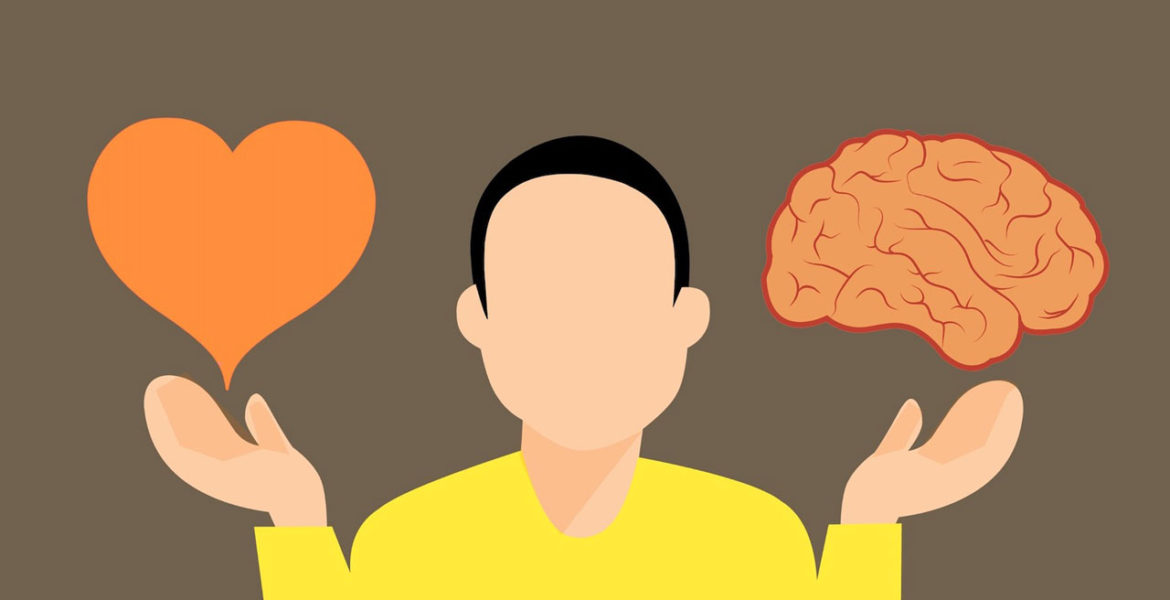Article Takeaways:
- Why we like some brands and not others
- Some insight into how our brains emotionally choose brands
- Emotion beats rational choices…all the time
‘I just like them. They’re a good company’
I came across this in some research recently. An online survey of two thousand retail investors carried out by the market research company Opinium had asked what made investment firms different from one other. For nine of the ten brands featured, most people who knew of them had very specific ideas. But for the tenth, the majority just couldn’t put their finger on it.
It was the cause of much hand-wringing at No10 brand’s HQ. ‘We’re ambiguous.’ ‘People don’t know what we offer.’ ‘If people struggle to explain how we’re different, we’ve nothing to stop them from choosing others with clear messages and benefits.’
The truth was, they had something way more valuable than fickle rational difference. When the brand’s initial allure falls away, the same rational positives can become negatives and rejection can quickly follow. But brand No10 had the power of ‘like’.
We humans involuntarily use our ancient, animal, ‘limbic’ brains first to respond emotionally to stimulus. We then rationalize that stimulus, using our more recent and sophisticated ‘sapiens’ neo-cortex. That instinctive ‘limbic’ response can be very powerful in making choices.
Anyone who has, or has had, a significant ‘other’ in their lives knows this. It’s the experience, from the first spark and thrill to the ensuing familiar reality of continued interaction that builds a unique attachment – way beyond mere aesthetics.
So that’s good for an understanding of how we make initial choices. But behavioral scientists can also explain why we might stick with that choice. It’s another of those ‘biases’ like ‘proximity’ or ‘familiarity’. This one’s my all-time favorite: ‘IKEA bias’; if you’ve assembled something yourself, you’re likely to value it more than if it was assembled for you. We’re less likely to make lasting decisions based on what we’re told or what others think – and more on what we’ve concluded for ourselves. So making sure that our brands’ behavior is true to their character is logically more important than artificially building and managing their reputations to widen their appeal.
Just as we all like some people more than others, brands that are honest in their behavior are unlikely to appeal to everyone they might commercially want to. But businesses are exposed today more than ever before; customers increasingly see their true character. When manufactured reputation jars with actual experience, it’s betrayed as false. And false equals distrust. In some sectors, such as financial services, trust is both the most important – and currently the most absent – aspect of a customer relationship.
Whether a brand is everyone’s cup of tea or not, the way human brains work means we have more chance of people responding to it if we prioritize the emotional over the rational. In The Long and Short of It, a report by the Institute of Practitioners in Advertising, analyzing over 1,000 campaigns across all sectors, ‘emotional’ responses beat the ‘rational’ two to one.
Even in the tangled, highly regulated and intermediated ecosystems of asset management, FB50 2017, found “…a shift in favor of groups with a brand personality.” Elsewhere, Broadridge’s data also shows that a fund selector’s perception of which provider they ‘most used’ and the one they ‘most prefer’ are strongly correlated.
So perhaps we should focus less on the ‘what’ or ‘how’ of our brand offer – and more on ‘who’ the brand is. Understanding our customers and prospects so that we can build good, enduring experiences for them remains essential. But we should keep investing in flat-pack furniture.
And above all, never forget that simple, spontaneous driver of human choice. The power of like.

